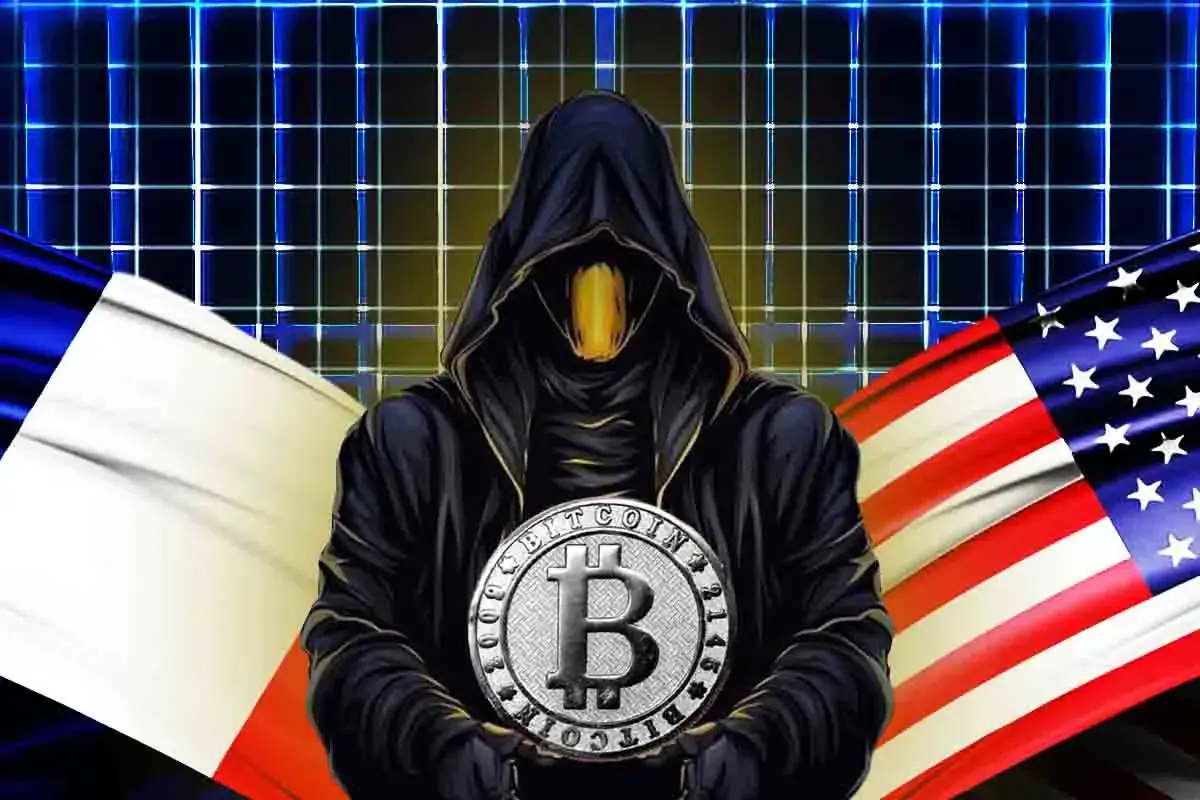Voyager Finally Strikes A Deal With the US Government to Allow Binance.US Acquisition

The Binance.US’s proposed acquisition of bankrupt crypto lender Voyager Digital has seen multiple ups and downs with regulators blocking the deal from going through over the past few months.
However, in a recent development, Voyager has finally confirmed that the Unsecured Creditors Committee (UCC) has finally reached an agreement with the U.S. government that will allow the plan of moving forward with the acquisition.
In the latest update on Wednesday, April 19, Voyager noted:
The resolution is embodied in a joint stipulation providing that the appeals will continue with respect to the Plan’s exculpation provision. The Government has agreed that the Plan may move forward without such provision and will not otherwise be subject to the stay. Voyager and the UCC are working with Binance.US to move forward as quickly as possible once this stipulation is approved by the District Court.
After the collapse of the Terra ecosystem last year in April 2023, crypto lender Voyager Digital came into major trouble as it faced heavy liquidity demand amid huge withdrawals. Soon after, Voyager filed for Chapter 11 bankruptcy.
Binance.US had shown interest in acquiring the assets of Voyager Digital quite earlier and was in a race with FTX who had shown a similar interest. However, crypto exchange FTX went out of the equation following its own bankruptcy in November last year.
With Voyager Acquisition, Will Regulatory Troubles End for Binance?
Alike other top crypto exchanges in the market, crypto exchange Binance has also been facing the wrath of US regulators in recent times. Last month, the U.S. Commodities and Futures Trading Commission (CFTC) sued Binance.US for violating the derivatives laws of the country.
Furthermore, the CFTC also accused Binance and its employees of instructing US customers to use virtual private networks (VPNs) to obscure their locations. This way they also helped customers to use their platforms without providing their proof of identity.
Play 10,000+ Casino Games at BC Game with Ease
- Instant Deposits And Withdrawals
- Crypto Casino And Sports Betting
- Exclusive Bonuses And Rewards

- Peter Brandt Flips Bullish, Predicts Bitcoin Rally As Price Holds Above $70k
- XRP News: Institutional Use Case Expands as Doppler Finance Integrates WXRP for Multi-Chain Access
- Trump Tariffs: Bitcoin Faces Fresh Headwinds as 15% Global Tariffs Begin This Week Amid Iran War
- Bitget Unveils ‘Crypto Anti-Bias Pledge’ To Support Women’s Inclusion In Crypto
- U.S.-Iran War: Crypto Market Rebounds as Iran Reportedly Reaches Out To U.S. To End Conflict
- XRP Price Prediction as Iran-U.S. Peace Talks Trigger a Crypto Rally
- COIN Stock Analysis as Bitcoin Retests $72k Ahead of February NFP Data
- Robinhood Stock Price Prediction As Cathie Wood Buys $12M Dip in Bold ARK Move
- Bitcoin Price At Risk? Professor Who Predicted US-Iran War Says America Could Lose
- Gold Price Prediction March 2026: Rally, Crash, or Record Highs?
- RIOT Stock Prediction as Needham, Piper Sandler Slash Target After Earnings

 Buy $GGs
Buy $GGs
















